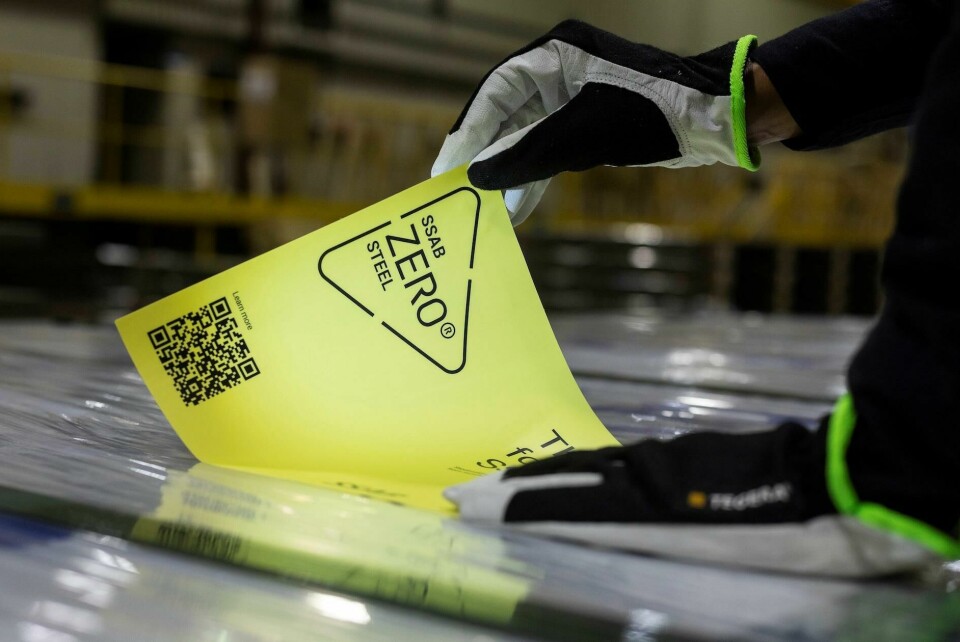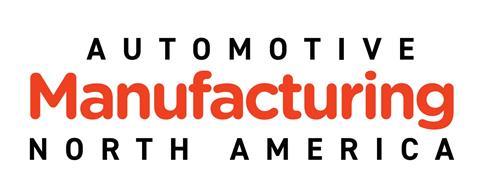Volvo Cars to use recycled, near zero-emission steel in 2025 models under SSAB deal
Volvo Cars has signed an agreement with Swedish steelmaker SSAB to begin using recycled, near zero-emission steel in its manufacturing operations from 2025, reinforcing its goal to reach net-zero emissions by 2040 and increase circularity across its supply chain.

Volvo Cars says it has taken a major step toward its net-zero goals by signing an industry-first agreement with Swedish steel producer SSAB to supply high-quality, recycled, near zero-emission steel starting in 2025. This deal positions Volvo as the first automaker to commit to using such steel in serial production, significantly reducing the carbon footprint of its future vehicle lineup.
“We work towards achieving net-zero greenhouse gas emissions by 2040, and cutting steel-related emissions really has the potential to move the needle”
“One of the biggest sources of CO₂ emissions in our production process is the steel we use to build our cars, averaging 25% of all material-related emissions for a new Volvo car,” said Francesca Gamboni, Chief Supply Chain and Manufacturing Officer at Volvo Cars. “We work towards achieving net-zero greenhouse gas emissions by 2040, and cutting steel-related emissions really has the potential to move the needle.”
The recycled steel will be incorporated into key components of Volvo’s next-generation vehicles, starting with the fully electric EX60 SUV and other models based on the forthcoming SPA3 platform. Volvo confirmed that this sustainable steel meets the same strict standards for strength and safety as conventional primary steel, ensuring no compromise in performance or durability.
Closed loop process boosts scrap content and reduces CO₂ emissions
SSAB’s steel is produced using a closed-loop process that recycles scrap metal and virtually eliminates CO₂ emissions during production. Compared to traditional steelmaking methods in Europe, this process slashes operational emissions by nearly 100% while maintaining 100% recycled content.
“Steel is an important material to ensure the safety, strength and durability of our products, and traditionally it’s a significant contributor to our carbon emissions,” Gamboni added. “By signing this agreement, we have taken an important step in reducing the impact on the environment and increase the awareness for using recycled materials within our supplier network.”
The agreement builds on a longstanding collaboration between Volvo Cars and SSAB and reflects Volvo’s broader strategy to create a more circular supply chain. As part of this closed-loop model, Volvo will also sell scrap steel back into SSAB’s production system, keeping materials in use for as long as possible and reducing waste.
Reducing CO2 emissions across the company’s operations
This initiative also supports Volvo’s wider environmental targets, which include reducing CO₂ emissions per car by 30-35% by 2025 and by 65-75% by 2030, compared to a 2018 baseline. In the first quarter of 2025, Volvo achieved a 22% emissions reduction per car and reported that electrified vehicles made up 43% of sales, including 19% fully electric cars.
In addition to its steel efforts, Volvo continues introduce innovations like the new ES90 – a fully electric sedan equipped with a blockchain-enabled battery passport to ensure traceability of materials like lithium, cobalt, and graphite. Volvo says the ES90 exemplifies the brand’s broader commitment to sustainability, incorporating circular economy principles and responsible sourcing throughout the production process.
Volvo has also made strides in its manufacturing infrastructure. In March, its Megacasting facility in Torslanda became the first of its kind to earn LEED Gold certification, a benchmark of environmental performance and energy efficiency.



